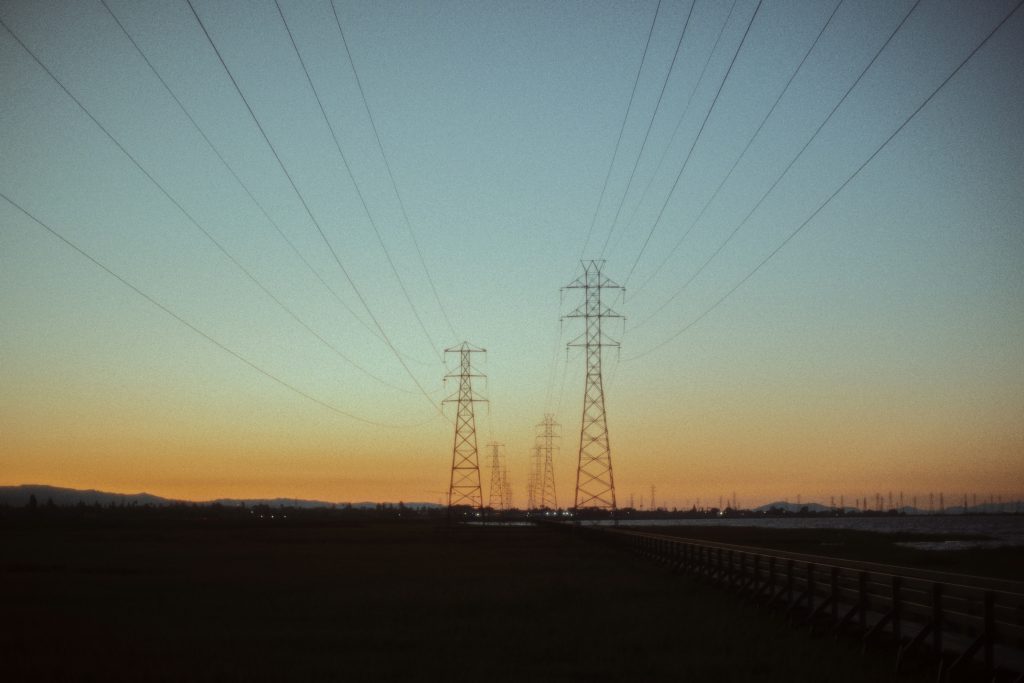DirecTV Customers Left in the Dark as ESPN and Disney Channels Go Dark Amid Contract Dispute
In a shocking turn of events, DirecTV customers found themselves cut off from a host of popular channels, including ESPN, Disney Channel, and ABC, after a contract dispute between DirecTV and the Walt Disney Company escalated to a blackout. The outage occurred on a high-stakes sports night, leaving viewers frustrated and scrambling for alternatives to catch their favorite programs and events.
The conflict erupted on a Sunday evening, coinciding with significant sporting events, including the U.S. Open tennis tournament and NFL games. For dedicated sports fans, the inability to access ESPN, a vital source for live sports coverage, was particularly disheartening. Many took to social media to express their anger and disappointment, highlighting the negative impact of such corporate disputes on everyday viewers who just want to enjoy their favorite shows and games.
DirecTV, which serves millions of households, found itself at the center of the controversy as the blackout not only affected sports enthusiasts but also families who relied on Disney-owned networks for their entertainment. With channels like FX and National Geographic also going dark, the implications of this fallout extended beyond the sports arena, affecting viewers of all ages.
According to reports, negotiations between DirecTV and Disney hit a stalemate, leading to the sudden withdrawal of service. This abrupt decision has raised concerns over the future of media contracts and the potential for similar disputes to disrupt viewer access to beloved programming. The U.S. Tennis Association voiced its displeasure over the impact this blackout had on fans trying to watch the U.S. Open, emphasizing the broader consequences of such corporate disagreements.
Disney has accused DirecTV of denying millions of viewers access to crucial content, arguing that such actions are not only detrimental to viewers but also to the integrity of broadcasting. This incident serves as a stark reminder of the ongoing challenges within the media landscape, where negotiations between content providers and distributors can have immediate and far-reaching repercussions on subscriber experiences.
As the situation continues to unfold, many are left wondering how long the blackout will last and what steps can be taken to mitigate the impact of such disputes in the future. With viewers increasingly frustrated by the lack of access to content they pay for, the stakes are high for both DirecTV and Disney as they navigate this contentious chapter in their partnership.
The fallout from this incident could lead to a reevaluation of how content is distributed and consumed, particularly as more viewers turn to streaming services for their entertainment needs. As negotiations resume, both companies will need to prioritize the needs of their subscribers to avoid further alienation of their customer base. For now, sports fans and families alike are left waiting and hoping for a swift resolution to this disruption, eager to regain access to the programming that brings them joy and connection.
Tags: Blackout, Contract Dispute, DirecTV, DirecTV ESPN, Disney, ESPN
DirecTV Loses Disney Channels Amid Contract Dispute, Leaving Sports Fans in the Lurch
In a significant development that has left millions of sports enthusiasts in dismay, DirecTV has pulled the plug on several Disney-owned channels, including the highly popular ESPN network. This move comes as a result of a failed carriage agreement between DirecTV and Walt Disney Co., occurring at a particularly inopportune time as major sporting events unfold across the United States.
The blackout took effect over the weekend, coinciding with the commencement of the U.S. Open tennis tournament, key baseball matchups in the National League East, and the much-anticipated kickoff of college football games. For DirecTV, DirecTV Stream, and U-Verse customers, this disruption means a sudden loss of access to not just ESPN, but also to other beloved Disney channels, including ABC and various Disney network offerings.
The timing of this dispute could not be worse, as sports fans were gearing up for an exciting weekend filled with competitive events. The U.S. Open is a prestigious tournament that draws significant viewership, while college football is a staple of American sports culture. The absence of these channels on DirecTV has sparked frustration and disappointment among subscribers who were eagerly anticipating these broadcasts.
The heart of the issue lies in ongoing negotiations surrounding the carriage deal. As the two giants failed to reach a new agreement, DirecTV subscribers are left with dwindling options for accessing live sports content. This contract dispute has highlighted the growing tension between content providers and distribution platforms in an ever-evolving media landscape.
As streaming services continue to rise in popularity, cable providers face increasing pressure to secure favorable terms for channel access. The stakes are high, as more viewers turn to streaming platforms for their sports fix, potentially undermining traditional cable models. The fallout from this dispute could have lasting implications, not only for DirecTV but for the cable industry as a whole.
For now, the immediate impact of this blackout is being felt by sports fans, many of whom have taken to social media to express their outrage. As they find themselves unable to tune into the events they love, calls for action against DirecTV have been widespread. Some subscribers have even begun exploring alternative service providers, signaling a shift in loyalty that could have longer-term consequences for DirecTV’s subscriber base.
As negotiations are expected to continue, the hope remains that a resolution can be reached swiftly. Until then, sports fans are left in a frustrating limbo, with the specter of a lost sports season looming large. The situation underscores the need for better communication and transparency between content providers and consumers, especially in an era where instant access to entertainment is increasingly demanded.
As the narrative unfolds, the consequences of this dispute serve as a stark reminder of the complexities of media rights and the importance of maintaining access to beloved channels for consumers. Whether DirecTV can regain the lost channels and restore subscriber confidence remains to be seen, but one thing is clear: the stakes are high in this ongoing battle between traditional cable and the future of streaming.
Tags: DirecTV, DirecTV ESPN, Disney, ESPN, Media Dispute, Sports Fans


